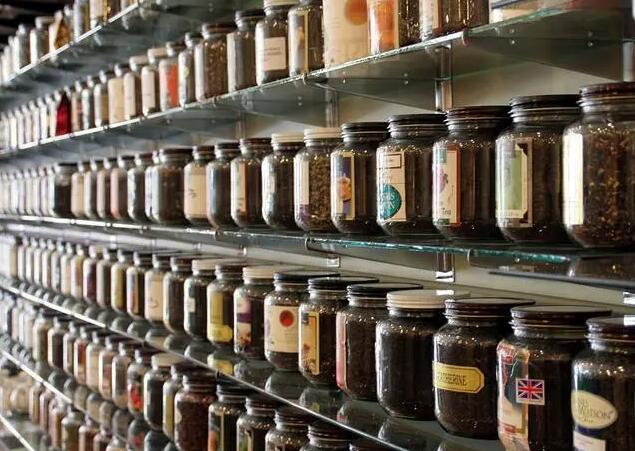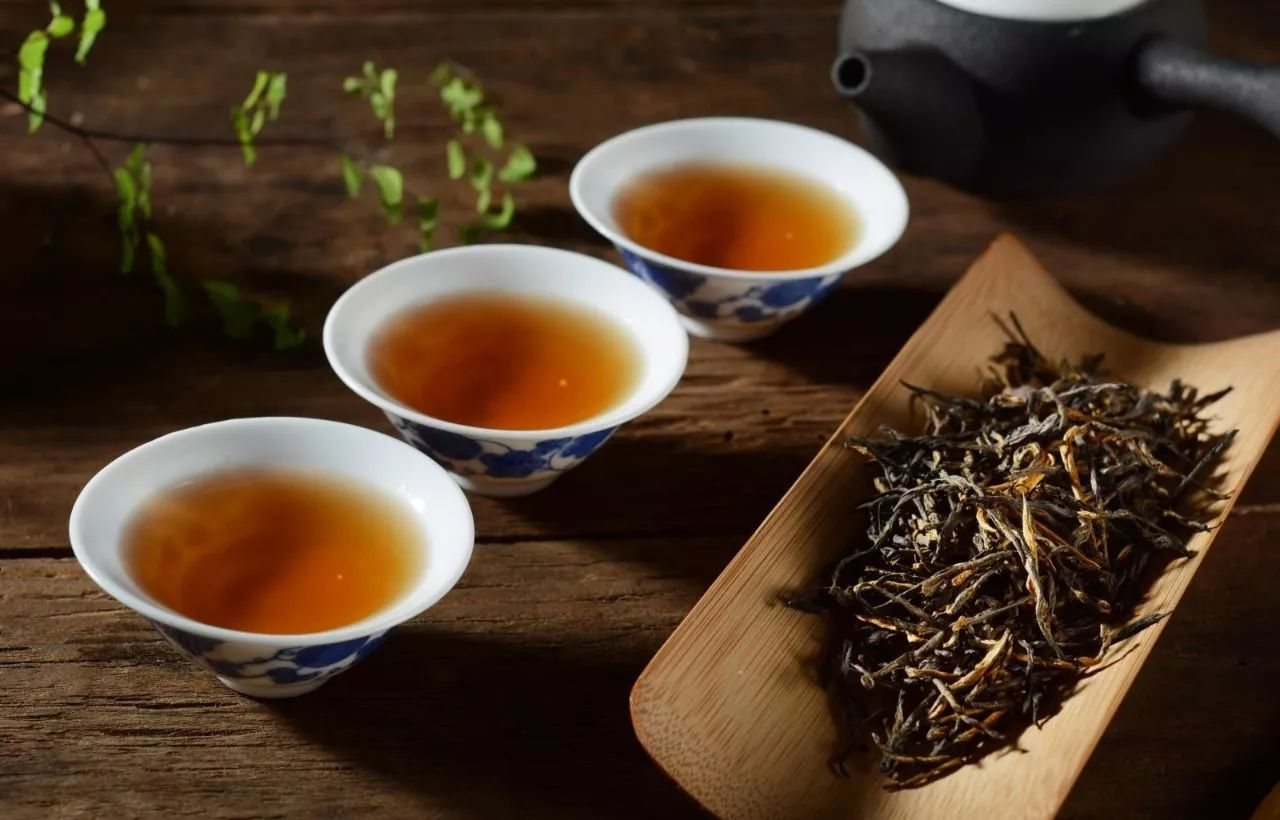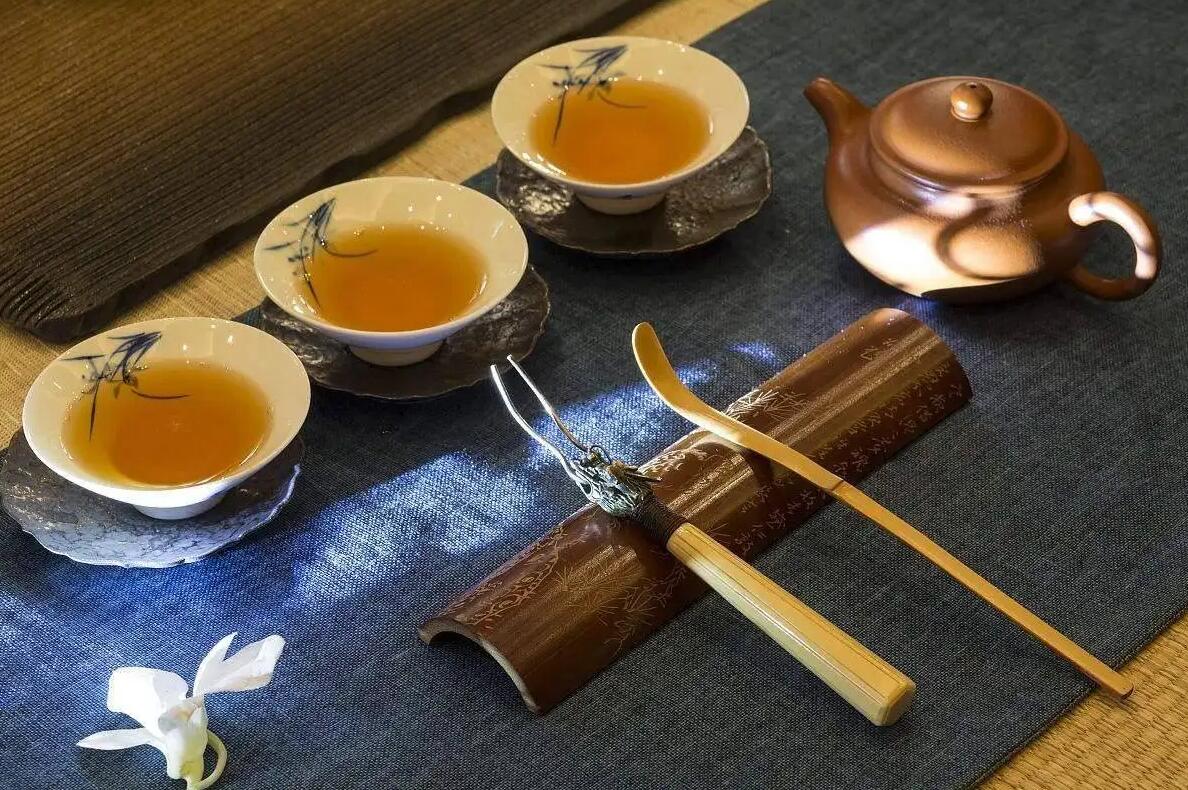By Josh Chamberlain
We were sitting in my teashop, a small shop in which people have shared so many details of their lives. It is in this shop that is ever evolving and that seems to have a soul that my mother and I choose to sit down to have tea and to talk about some of teas amazing characteristics. As we waited for the water to boil, I proposed this question to her: "Do you believe that tea with has the power to positively influence family relationships?"
I've often wondered if drinking tea could influence behavior. A few years ago, I was living overseas in Taiwan and was introduced to the world of tea. It was my experience with the timeless tea tradition, the focal point for social interaction in many households in Taiwan, which inspired me to start my own tea importing business* Since my introduction, tea has become so many different things to me: It is a plant, a friend, a social lubricant, a commodity, a means from which I earn my living, a beverage, a tonic, an elixir of life, a pick-me-up, a digestive aid, a health enhancer and a conduit to meditation. But is it also a great cultivator of relationships?
In Taiwan, families are typically multi-generational, often with three generations living together in the same household, Yet in America, it is not uncommon for family members to reside hundreds of miles apart. Take my family, for example: I have grandparents in Chicago and grand-parents in Florida, while my mother and father and brothers live in Oregon, near my home.
America, in direct contrast to Taiwan, is characterized by migration. Rather than remain in one central locations with our family members nearby, we seem to prefer to be "free" and we emphasize this sense of freedom by traveling the country in search of a place where we feel most at home-a place where we fit in.
I've often wondered what role tea played in the Taiwanese family dynamic and if the same benefits could be enjoyed by our own movement-obsessed culture, which is how I found myself sitting with my mother, the psychology of tea." As we sit here drinking tea and discussing its many unique properties, tea provides a wonderful forum within which we can interact," replied my mother. I should point out that my mother, while being a very insightful woman, is also a research psychologist. As she sipped her tea, she continued on. "The essence of a close relationship is the positive time that one person spends with another. Sitting and drinking tea with family seems like it is a beneficial way to spend time together, because tea acts as a focal point that we all gather around. Tea is a bit of a stimulant so it perks people up and makes them more excited to talk. It also improves peopled mood, so that the time spent together tends to be in a happy state. This condition of happiness, when passed around from one family member to another, becomes contagious."
This perfectly explains the social joy that tea has brought me. It has never ceased to amaze me how full of joy tea drinkers seem to be after sharing a few infusions. As I began to understand that tea was not just a beverage, but also served to facilitate a number of social interactions, my love for the plant grew. I have passed on this love of tea to many people in my life, including my own mother. She is, to say the least, a tea fanatic. And, being the wonderful, caring mother that she is, she has taken it upon herself, time and time again, to help me with my tea business. She has contributed design and organizational ideas and has been a regular fixture in the J-Tea booth at the many vending shows we attend.
It was at a holiday market this past year that I realized just how deep her passion and understanding of tea ran. I overheard her describing the tea-drinking experience to a customer: "Tea is a real mood enhancer. First there is the aroma, then the taste and the body. Then there is the sensation from the caffeine combined with theanine, which leaves your body with an alert yet relaxed feeling."
She surprised me and I had to take two steps back to check that it was really my mother who had spoken those words. My mother, the world-renowned, internationally-published research psychologist had said that tea was a real "mood enhancer". I never thought I would hear my mother talking so a enthusiastically about how tea is the best beverage in the world. And for me to hear her do this by appealing to "soft" reasoning was great! My mother's inner-hippie was materializing right before my eyes.
I've never heard you talk like that before about tea," I expressed to her, days later as we enjoyed our conversation about families. "Do you really believe that tea has the ability to elevate a person's mood?"
My mother poured us both more tea and replied, tea does enhance the mood. Many factors contribute to this effect, among these are scent and taste. When I am feeling a bit out of sorts, it is my own experience that the aroma of tea will invariably make me feel better. More and more, research shows that pleasant odors improve peoples mood This is why aromatherapy has recently grown in popularity. Research is even starting to show that certain scents can have healing properties, Smell has a very direct route to the brain because of the positioning of the smell center within the brain's architecture, The brain's response to odors stimulates the release of hormones and neuro-chemicals that alter the body's physiology. Odors can evoke memories, especially emotional memories, because odors and emotions are processed in similar brain areas. Physiological research has shown that people who are depressed are less responsive to smells."
"No wonder tea makes me feel happy, I read some reports that the L-Theanine in tea increases alpha brain waves, which are associated with a deep state of relaxation, decreased stress and an increased ability to concentrate. Does that make sense?" I asked my mother.
"Those things definitely elevate my mood!" she said. I spoke while my mother poured more tea for each of us, "Tea definitely makes me feel talkative and I love how some conversations might start slowly and then, as the tea starts to flow, the conversations tend to pick up."
Laughing, my mother explained that she had begun serving tea to visitors at work. "I like to brew tea in a Yi Xing teapot and pour each infusion into my mug at work. I've found that black tea is nice in the morning as it is quite refreshing and the added boost invigorates me throughout the day. In the afternoon, I've discovered that I tremendously enjoy the green oolong from Mt. ALi. If guests come to visit me, I offer tea, pull out small cups used with kung fu tea service, and share tea in a delightfully conducive atmosphere. "Our conversation ebbed as customers flowed into my shop, yet I had enjoyed our discussion and reflected on the notion that tea had been at the center of our time together.
Tea is at once both simple in its beauty and complex in its meaning. I can hardly begin to explain the many meanings that tea has to me, yet I do know that I can now add "mood enhancer" to that long and ever-growing list. Knowing that tea really, truly does make us feel better makes it easy to see why this amazing beverage is so widely accepted throughout the world, More than simply a comforting drink, one's health, relationships and quality of life all benefit when tea is properly made and consumed.
In my life, I can say with of most certainty that drinking tea with friends by kung fu tea set is the best way to spend the day. It is not long after having a few sips of tea that everyone is laughing and enjoying themselves immensely. When taking tea, the bitter and sweet flavors mingle and we are reminded of all that life has to offer. It is in the appreciation of this contrast that we can ask, "What would a day be without a cup of tea?"



